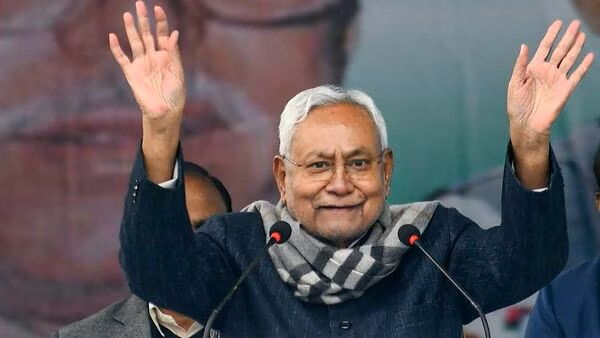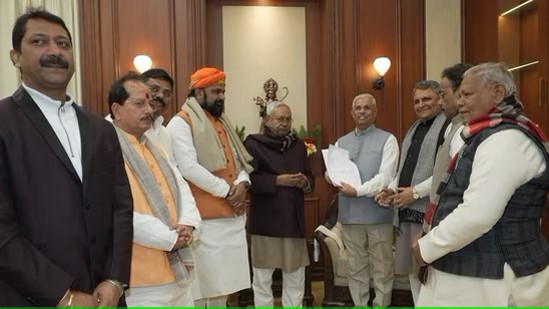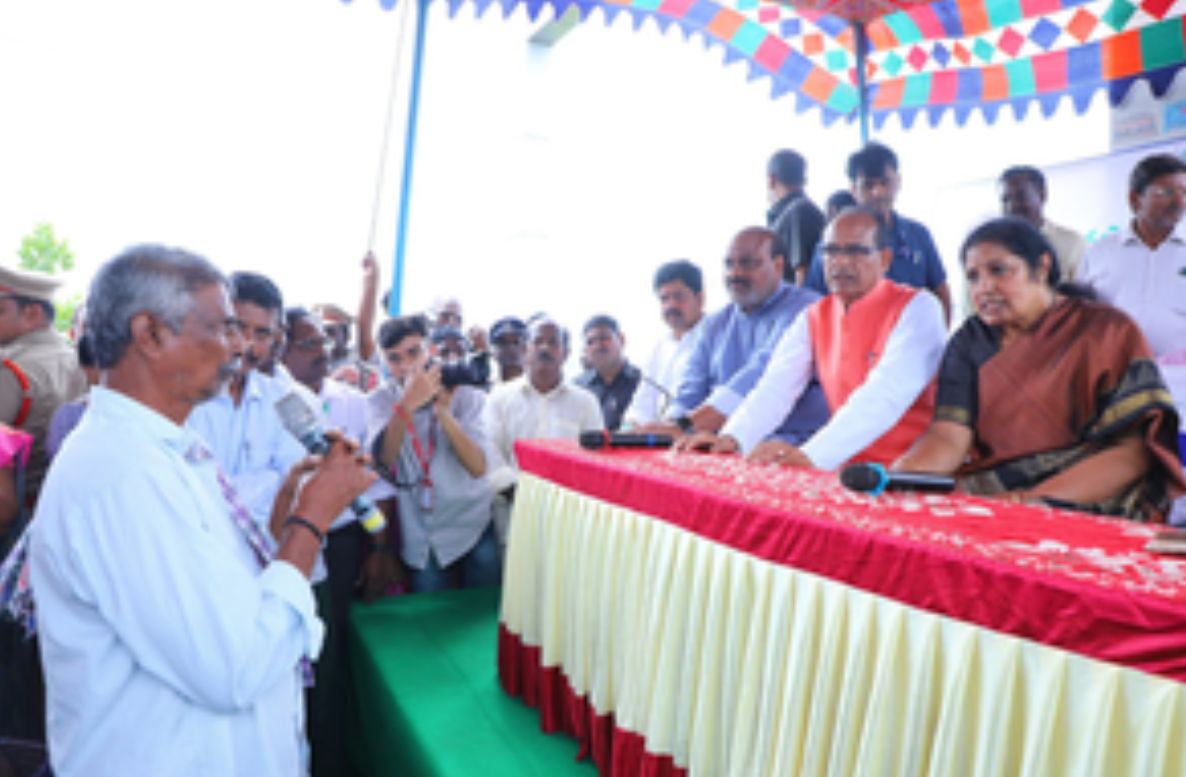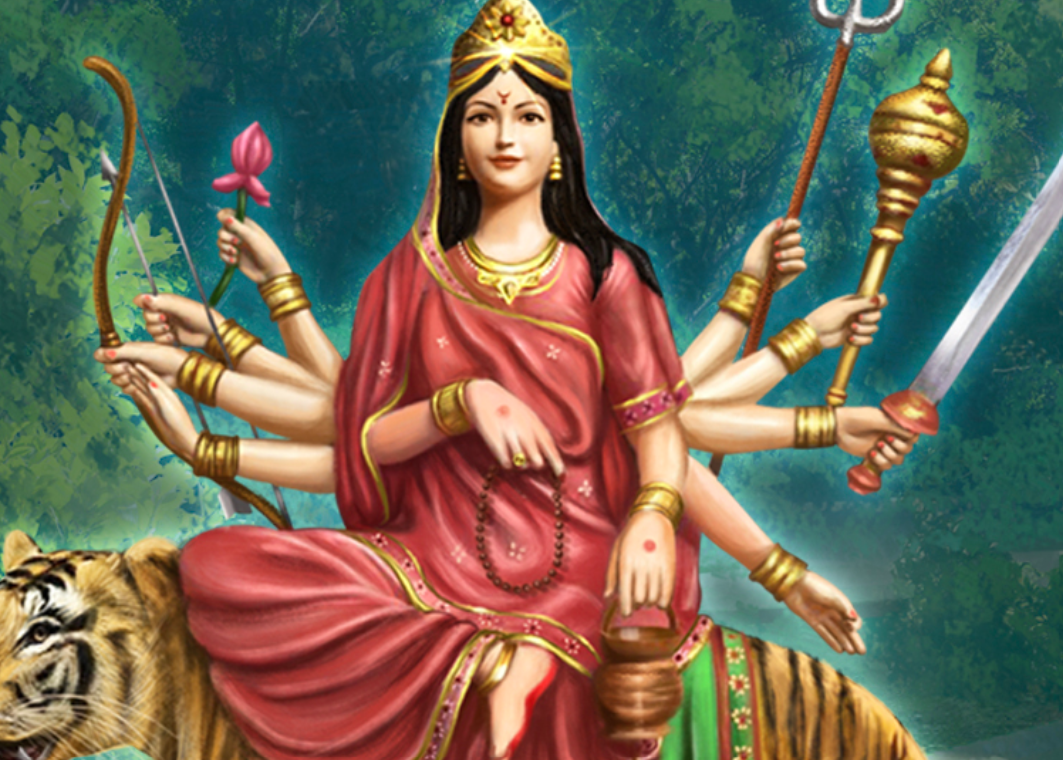Bihar’s political landscape has once again become a chessboard of alliances, with veteran Chief Minister Nitish Kumar’s Janata Dal (United) rejoining the National Democratic Alliance (NDA) fold. After a three-year dalliance with the Mahagathbandhan, this dramatic shift marked a pivotal moment for the state and sent shockwaves through Indian politics. While Kumar’s oath-taking alongside BJP leaders was met with applause from some quarters, his resounding “We will stay together” left a trail of intrigue and unanswered questions.
 Kumar’s decision to return to the NDA, a familiar embrace after a brief spell of divergent paths, carries a multitude of potential interpretations. For many, it signals a pragmatic quest for stability. With assembly elections just around the corner in 2025, the NDA’s established platform could offer a firmer ground for Kumar to face the electorate. Others view it as a strategic manoeuvre, a calculated move to overcome policy discord with the RJD, Mahagathbandhan’s dominant force.
Kumar’s decision to return to the NDA, a familiar embrace after a brief spell of divergent paths, carries a multitude of potential interpretations. For many, it signals a pragmatic quest for stability. With assembly elections just around the corner in 2025, the NDA’s established platform could offer a firmer ground for Kumar to face the electorate. Others view it as a strategic manoeuvre, a calculated move to overcome policy discord with the RJD, Mahagathbandhan’s dominant force.
Yet, beyond the pragmatism, whispers of ideological reconciliation also resonate. The BJP and NDA’s emphasis on development projects and economic progress aligns with Kumar’s priorities. This renewed focus on infrastructure, agriculture, and social welfare schemes could pave the way for a unified push towards Bihar’s progress.
However, Kumar’s pledge of unity isn’t without its potential pitfalls. He faces the delicate task of reconciling the expectations of his NDA allies with the reservations of his party members, some of whom remain sceptical about the shift. The Mahagathbandhan’s fate also hangs in the balance, with questions swirling about its future direction and potential realignment.
Moreover, the ripples of this political earthquake aren’t confined to Bihar’s borders. Kumar’s move has the potential to reshape the national political landscape, particularly in light of the upcoming 2024 Lok Sabha elections. The BJP’s strengthened position in a key state like Bihar could significantly boost their national aspirations.
As analysts dissect the ramifications of Kumar’s pledge, one thing remains certain: Bihar’s political game is far from over. The “We will stay together” mantra hangs in the air, a promise pregnant with possibilities, but also laden with uncertainties. Only time will reveal whether this renewed alliance will translate into the stability and progress Kumar envisions, or whether it will ignite a new chapter of political intrigue in the heartland state.




